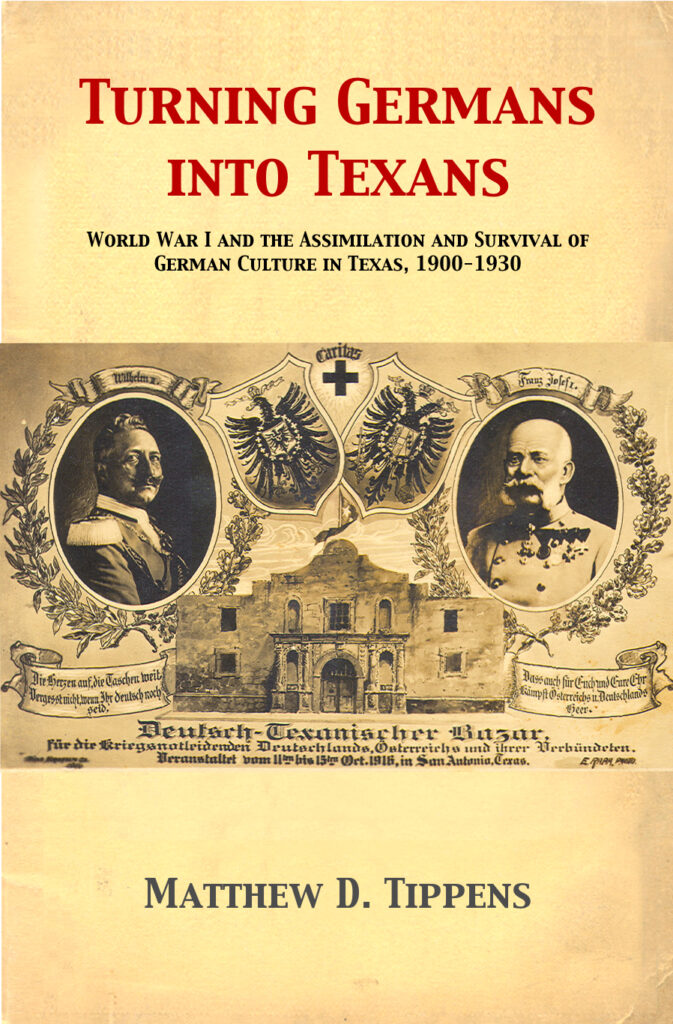Books

Latest Book
Beer, Lust, and Murder: The Killing of Otto Koehler and the Trial That Gripped San Antonio
Matthew D. Tippens
In 1873, a seventeen-year-old German immigrant named Otto Koehler arrives in St. Louis and starts working his way up through the brewery business. Within thirteen years he is part owner of the City Brewery and vice president of the San Antonio Brewing Association (later Pearl Brewing Company). He travels to Germany and brings back the recipe for XXX Pearl beer, which becomes an immediate success. The press calls him a “Napoleon among brewers,” writing stories about the fabulous social events he and his wife, Emma, host at their San Antonio mansion. By the early 1900s, Koehler, now president of the brewery, is a multi-millionaire.
After Emma is injured in an automobile accident, the Koehlers bring a German nurse, Emmy Dümke, into the mansion to take care of her. Within a short-time Koehler begins an affair with Dümke, which lasts until she is married to another man. Koehler then begins a second affair with her roommate, another German nurse, Hedda Burgemeister. After Koehler returns home from a trip to Germany during the beginning of World War I, tensions rise in the relationship, sparking a feud that can only end in murder.
Combining historical research with a narrative style, “Beer, Lust, and Murder,” is the unforgettable, stranger-than-fiction story of a rags-to-riches brewer and his widowed wife, a gripping trial, and how the family and brewery continued onward.

Also
Turning Germans into Texans: World War I and the Assimilation and Survival of German Culture in Texas, 1900-1930
Matthew D. Tippens
Here is the first full-scale discussion of the impact of World War I on ethnic Germans in Texas. Germans were among the first settlers to Texas, and contributed greatly to the growth of the state in the fields of business, religion, music, agriculture, ranching, and cultural activities. Despite such accomplishments, German Texans became the targets of an anti-German hysteria during World War I.
In the lead up to America’s entry into the war, German Texans were subjected to intense scrutiny. After the United States declared war against Germany in April 1917, the response to German-Texan activities lost all sense of proportion to the danger. Simply being German or using the German language aroused suspicion. In the state, people tarred and feathered, beat, and whipped German Texans. Based on extensive archival research, author Matthew D. Tippens details how the attackers intended to turn Germans into Texans using whatever means necessary. Following the war, the strive for “100% Americanism” by groups such as Ku Klux Klan continued the assault.
Despite the years of attacks, by 1930, German-Texan culture, though not unscathed, proved that it had survived the war and would continue for several more decades.